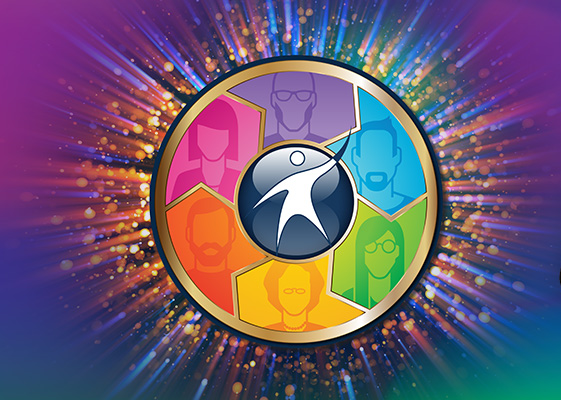Soft Skills: What Are They? How Are They Incorporated into a Classroom?
Session 6: 10:30am-11:30am (Saturday March 02, 2024)
Description
Students use technology in their classroom and workplace activities as a tool to study, stay connected, or have Zoom meetings. Technology skills (hard skills) are essential to qualify for entry-level office positions, but in today’s job market, customer service skills, which are predominantly soft skills, are highly desirable. This session will distinguish the difference between hard (technical) and soft (traits/character) skills, why they are important, and how to incorporate them into a face-to-face classroom or hybrid online environments. Teachers may have soft skills requirements incorporated in their classrooms, such as getting to class on time (attendance), but there are no consequences when a student is absent without emailing a message to the instructor or the supervisor; however, in a work environment, the employee may be fired. This session will share suggestions/ideas on how to set up soft skills into their curriculum. Classroom rules are the workplace rules.
Presenters

Lila Young
Clovis Adult Education, Clovis Unified School District
Lila Young has over 29 years of teaching experience at Clovis Adulted Education in technology, at least 20 years as a system analyst, software engineer, and computer consultant in university environments. Currently Department Chair of CTE Business programs, developing Canvas curriculum and web master at Clovis Adult Education. Previous presentations focus on teaching strategies to help students to be successful.

Courtney Urdesich-McMahon
Clovis Adult Education, Clovis Unified School District
The co-presenter is Courtney Urdesich-McMahon who has over 20 years of experience working in education as an administrator. Courtney spent over 15 years working with at-risk youth as a counselor before starting her career in Adult Education. Currently, Courtney is the Learning Director over CTE at Clovis Adult Education.
Type of Presentation
Demonstration (60 Minutes)
Audience
- Teachers
- Administrators
- Support Staff (Transition Specialists, Counselors, Librarians, etc.)
Program Strands
- Adult Basic Education
- Adult Secondary Education
- Adults with Disabilities
- English as a Second Language
- Pre-Apprenticeship and Apprenticeship
- Short-term Career Technical Education
- Workforce Preparation
Category Strands
- Ensuring Equity and Access
- Designing Learning Experiences
- Digital Learning Models
- Online Engagement and Assessment
- Student Support Services
- Program Administration and Coordination
